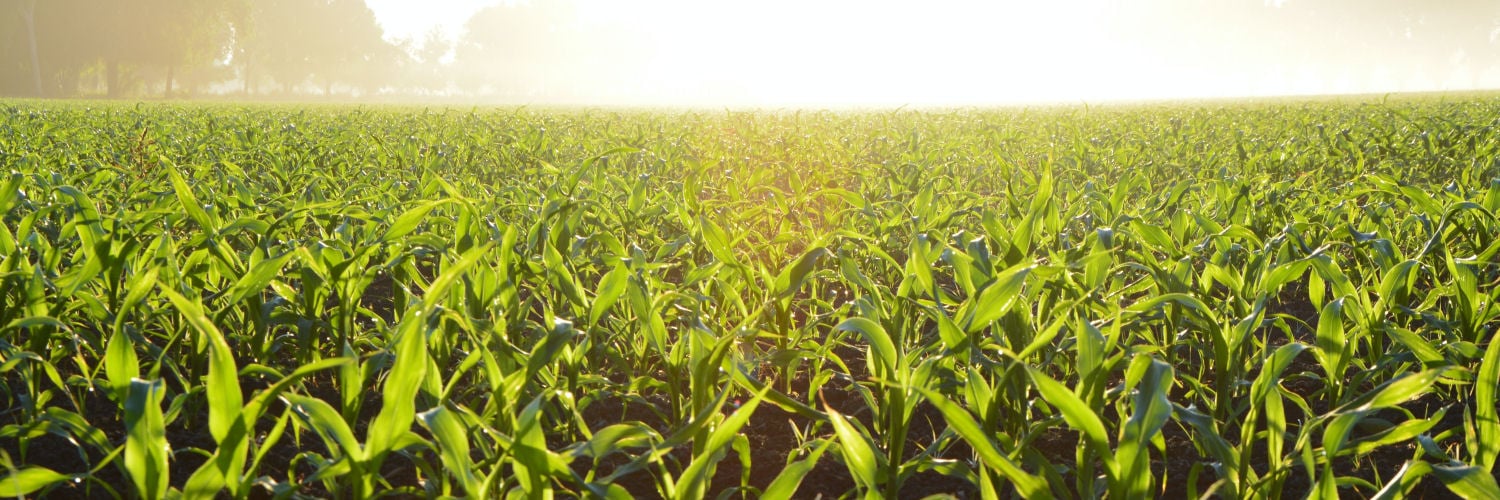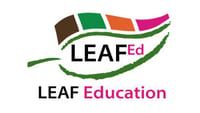 |
Jo Hatton, South East Regional Education Consultant, Leaf Education |
LEAF Education, in partnership with our members, works to engage, inspire and motivate young people through experiential learning, in order to equip our future generations with balanced and informed insight into food production, farming and the environment.
LEAF Education’s team of Education Consultants work across the country empowering educators to bring food production, farming and the environment to life. The new Natural History GCSE provides the perfect opportunity for the next generation of consumers to understand where their food comes from and the challenges of ensuring both food security and a sustainable future for the planet.

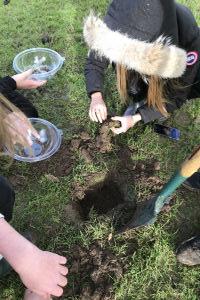 Whilst all schools face curriculum and budgeting challenges, there are those that prioritise experiential opportunities for their students, recognising that real hands-on learning experiences have both the power to engage, but also inspire, offering students the opportunity to make their own informed decisions in the future.
Whilst all schools face curriculum and budgeting challenges, there are those that prioritise experiential opportunities for their students, recognising that real hands-on learning experiences have both the power to engage, but also inspire, offering students the opportunity to make their own informed decisions in the future.
LEAF Education works with many schools, encompassing food, farming and the natural environment within their everyday teaching. Using the 5 senses to really explore food provenance and link this back to production. Understandably, incorporating taste into lessons can be challenging when there are allergies and cultural differences to be considered, but it can also provide an opportunity to promote inclusivity. Likewise, the cost of taking students out of the classroom can be prohibitive when coaches must be hired and other GCSE subjects lessons will be missed. Yet when field trips cover so much more than the one subject, bring the curriculum to life, help students who struggle to comprehend concepts in the classroom to experience them for themselves and improve their confidence and consequently their grades, then the actual value is priceless.
LEAF Education, in partnership with the School of Sustainable Farming and McDonalds, recently undertook their second piece of Teenager Research, following on from some initial research done in 2018. The research covered 4 key themes, young people’s perception of sustainable agriculture, their responsibilities as Conscious Consumers, diversity and inclusivity within the Agri-food industry and the career opportunities available.
The research involved 2500 young people (aged between 12 and 19 years old) from across the UK and highlighted that there is an interest in sustainable food production, but lack of knowledge to make informed choices. The research also found that whist young people may be no more a conscious consumer than any other generation, they are incredibly keen to learn and adapt. Indeed, most respondents felt that there is a need for greater awareness of such opportunities when seeking careers advice at school, and the main way young people would like to learn more about the industry is through experiential learning – getting them out of the classroom to experience the countryside and farming for themselves.
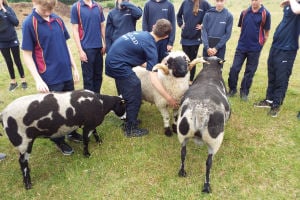 The overwhelming interest of young people in the food that they eat, the story of its production, and their role both as a consumer and as a future producer underpins the important role that Educators have. Yet for many, it is a lack of understanding and confidence in the sector which prevents its inclusion in schemes of work, and this is where LEAF Education comes in.
The overwhelming interest of young people in the food that they eat, the story of its production, and their role both as a consumer and as a future producer underpins the important role that Educators have. Yet for many, it is a lack of understanding and confidence in the sector which prevents its inclusion in schemes of work, and this is where LEAF Education comes in.
LEAF Education last year worked with over 1700 teachers and 35,000 young people offering students high quality experiential learning experiences on farm, as well as sessions in the classroom and through virtual farm visits. Regional Education Consultants provide training for both trainee and qualified teachers, providing practical guidance on how to bring the curriculum to life and incorporate food, farming and the natural environment.
There is a fast-growing network of trained farmers who have completed the OCN accredited course – CEVAS (Countryside Educational Visits Accreditation Scheme), and consequently have both the knowledge and the skills to host safe, meaningful, curriculum-linked educational experiences for young people across the key stages. Accredited farmers often promote themselves on the Countryside Classroom, a free, online resource portal for Educators to use when they need inspiration, activity ideas and support. Whatever level of experience and confidence there will be something new and exciting to try, with free downloadable resources and links to experts who can help for subjects across the national curriculum.
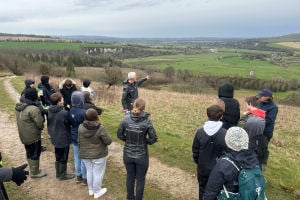 The new Natural History GCSE is the perfect opportunity to get teenagers excited about the future of food and farming and with an increasing network of farmers and landowners keen to host on-farm high quality educational experiences the timing couldn’t be better. Whilst the DfE subject content is still to be published, I think the links to food production and countryside management will be numerous. LEAF Education is looking forward to helping schools empower Natural History students, as they begin to understand their role in the future of our planet.
The new Natural History GCSE is the perfect opportunity to get teenagers excited about the future of food and farming and with an increasing network of farmers and landowners keen to host on-farm high quality educational experiences the timing couldn’t be better. Whilst the DfE subject content is still to be published, I think the links to food production and countryside management will be numerous. LEAF Education is looking forward to helping schools empower Natural History students, as they begin to understand their role in the future of our planet.
Jo Hatton
Jo is an experienced GCSE and A Level Business Studies and Economics teacher, combining her teaching with a love for the outdoors, meant that she also led many Duke of Edinburgh expeditions during her time as a teacher.
As well as working for LEAF Education, Jo led the Hampshire team of the Country Trust for almost 12 years enabling thousands of children to benefit from the opportunity of a safe and educational visit to a real working farm.
When not working Jo enjoys walking and riding across the New Forest with her family.
Keep up to date with our proposed GCSE in Natural History and other Cambridge OCR Natural History news by signing up our email newsletter and updates. You can read back issues of our Natural History newsletter here.
